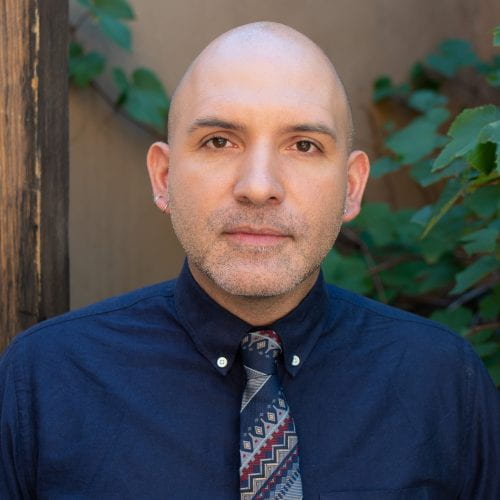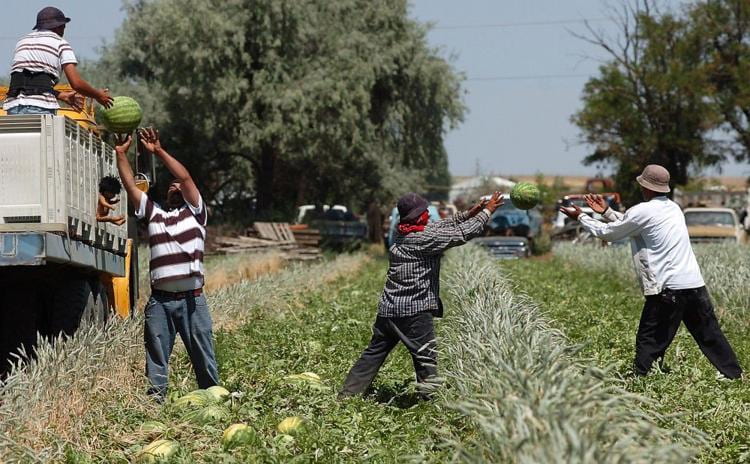The Center for Environmental Futures is pleased to welcome their new board member, John Arroyo, as a consultant on a project they are co-sponsoring with the UO Office of Sustainability, called “Sustaining Essential Work”.
John Arroyo, Ph.D., Assistant Professor in Engaging Diverse Communities in the UO School of Planning, Public Policy, and Management, had the following thoughts to share in response to a few questions about this exciting and much-needed initiative:
1) Can you tell us a little bit about the Sustaining Essential Work Project?
“The Essential Work Project brings to light the critical issues and concerns facing oft-invisible employees working in precarious labor conditions across the Oregon. Sectors with essential workers range from food-related industries (agriculture, meatpacking plants, fisheries, and wineries), the service sector (restaurants, retail, and tourism), and other industries such as timber, healthcare, and first responders. Essential workers earn low wages that barely meet the minimum standard, struggle to support entire families on these wages, and face a myriad of immigration documentation and family separation obstacles. Few have adequate access to financial, health, or familial support systems, despite risking their lives to ensure other Americans are served, sustained, and protected. While COVID-19 has illuminated the need for more attention to the dignity of these workers, these issues have long-standing roots prior to the pandemic. The Sustaining Essential Work project seeks to answer a core question: why haven’t essential workers attained “economic dignity,” in the sense of recognition, fair wages and benefits, and welcome in Oregon? Through community co-designed symposia, workshops, and multimedia digital atlas, the Sustaining Essential Work project aims to uncover the experiences of essential workers at the campus (UO), county (Lane), and state (Oregon) levels. Unlike conventional research methods, this project is unique in its commitment to prioritize and address the needs of community-based organizations in all facets of program design.”
2) What do you hope it accomplishes?
“CEF’s goals for the Sustaining Essential Work project are three-fold:
1) To identify spaces of “essential work” (sectors, geography) and humanize the precarious working conditions faced by everyday people, from janitorial staff on campus to agricultural workers in eastern Oregon,
2) To catalyze cross-disciplinary curriculum centered around the theme of essential work (UO courses, centers, archives), and most importantly,
3) To dignify and improve the experiences and livelihoods of essential workers across the state by collaboratively working on concrete, community-based solutions based on the needs of labor and ethnic-serving community-based organizations.”
John will be a full board member given the importance of this new initiative and the amount of generative thought he has already given to it. CEF could not move forward with it without his expertise. Welcome to the team, John! Your collaboration on this project is invaluable!

